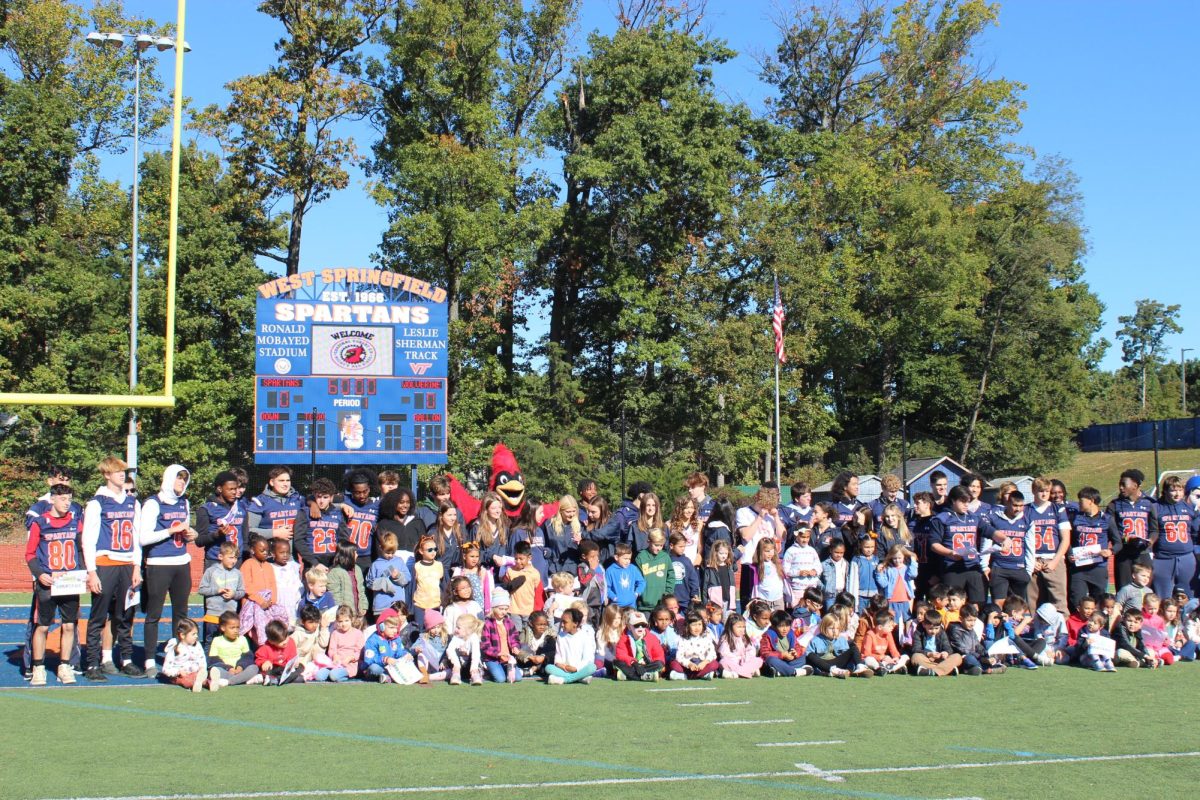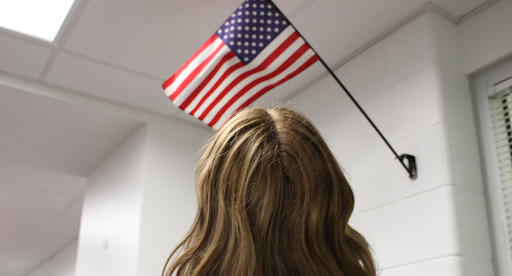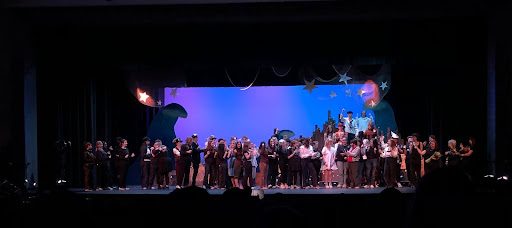
Pro-Palestinian boycotts have been introduced through social media motivating students to boycott businesses like Starbucks and McDonald’s.
Sophomore Sofia Baeni explained that she is boycotting McDonald’s because she saw photos in which the company was providing free meals for Israeli Defense Force (IDF) soldiers. She is also boycotting Starbucks because the corporation took down a Starbucks Workers United union X post supporting the Palestinian cause.
“I actually used to drink Starbucks pretty frequently and of course had McDonald’s every once in a while. However, the guilt of supporting these inhumane companies is too much for me to bear,” said Baeni.
Not all agree boycotting Starbucks and McDonald’s is having the intended impact.
“While the corporations are losing money, they’re making up for it by going after employees. Employees are losing their jobs or suffering pay cuts, just because corporations would rather minimize their losses,” said senior Caleb Quiroga.
Quiroga noted the specific Israeli franchise of McDonald’s offering free meals to IDF soldiers is not indicative of the McDonald’s corporation’s stance on the issue.
“Franchisees are independent from their franchiser and don’t represent the beliefs of their franchises,” said Quiroga.
According to CNN Business, Starbucks’ CEO Laxman Narasimhan stated that “protesters have been misled by false information spread online about the company’s position.” McDonald’s CEO Chris Kempczinski, in a LinkedIn post, also attributed financial losses in Middle Eastern markets to boycotts based on misinformation.
“I know that one person boycotting doesn’t amount to much financial loss. However, the money adds up. If hundreds of people are boycotting, there is bound to be some loss,” said sophomore Brenda Peredo.
Senior Astro Musman is boycotting Disney as well as McDonald’s and Starbucks. They are utilizing HBO Max and Netflix instead.
“There’s so many alternatives to the businesses being boycotted, it’s not that hard to keep doing what you like while still boycotting,” said Musman. “I know that boycotting is not huge, because they are still megacorporations that make billions of dollars, but I feel like I’m doing my part.”
Regardless of the economic impact on the companies, students who are boycotting want to do something to help Palestine.
“Boycotting, spreading awareness, donating and posting about Palestine are some of the best things we can do for our brothers and sisters in Palestine,” said Baeni.
“Even if there was an air of doubt around their motive, I would rather not give my money to corporations that may be supporting Israel,” said sophomore Afrahna Faruky.
Quiroga’s concern is that the corporations are not complicit in the way people believe they are. He believes that the U.S. government is complicit in the injustices occurring in Palestine and individuals should focus their attention on protesting it.
“I personally disagree with the boycotts, but I respect those who are boycotting for upholding their beliefs, and taking a stand for what they believe in,” said Quirgoa.
According to students participating, beyond the actual economic or political impact, boycotting has had a positive impact in their personal lives.
“Boycotting helps us maintain our humanity. Sacrificing these things, although little, is hard for some of us because we live in such good conditions. It has helped me see how much I have and how little they do, and feel more grateful for all that I have,” said Peredo.






